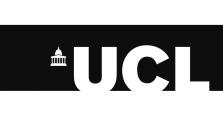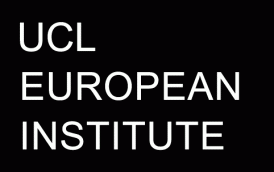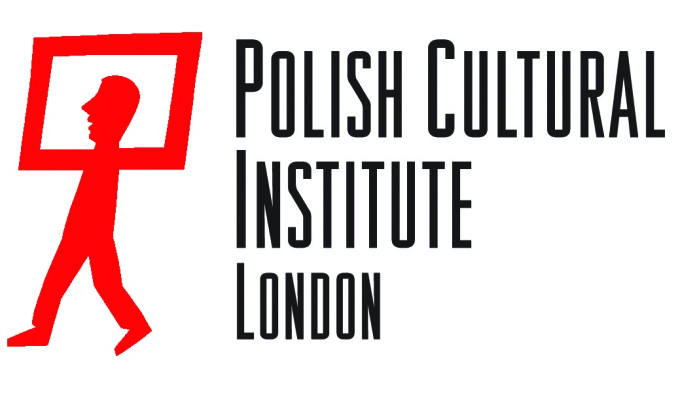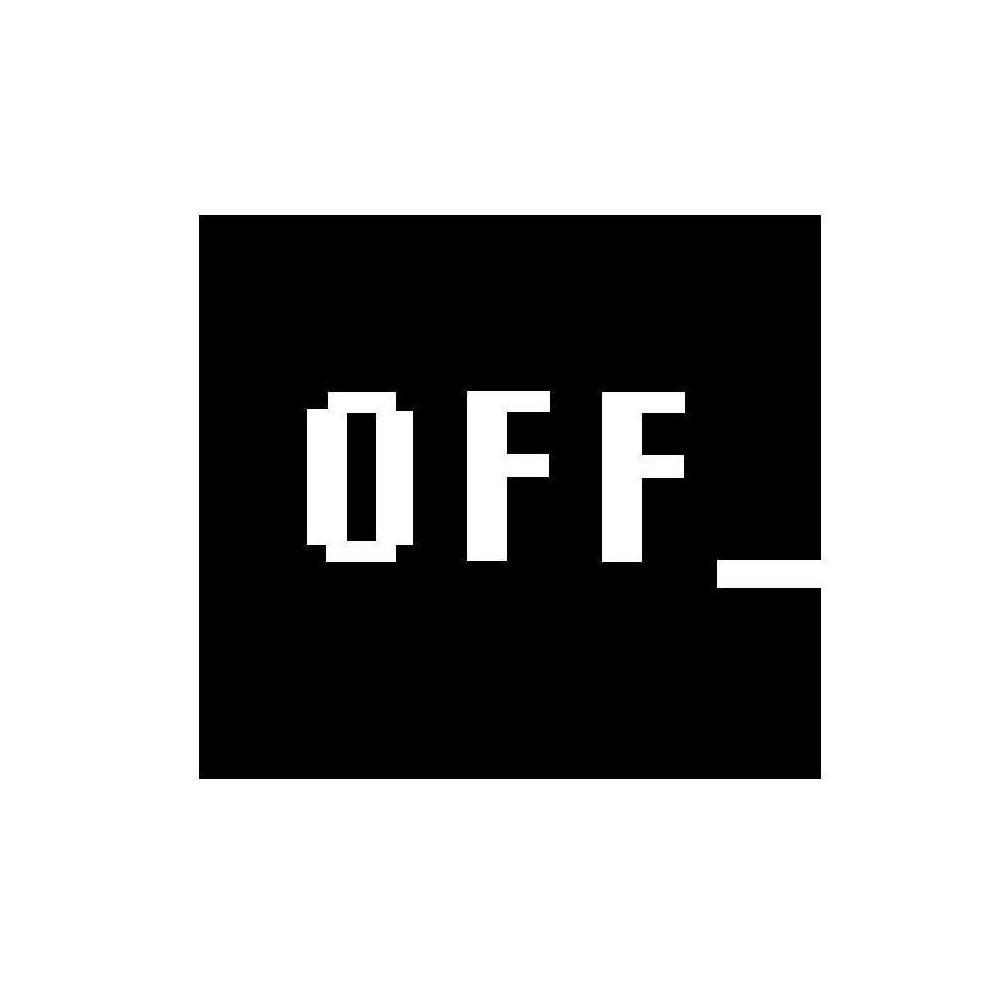Home » Articles posted by Admin-EmigratingLandscapes
Author Archives: Admin-EmigratingLandscapes
Agnieszka Szara
the Director of creative company PLAY FULL Ltd. celebrating and promoting FILM // MUSIC // ART. has graduated from Cultural Studies at the Jagiellonian University in Krakow, and earned her MA in Russian Culture and Language specialisation. She has been collaborating with various Film Festivals in Poland, such as Etiuda Anima, Krakow Film Festival and […]
New Joanna Rajkowska/ the UCL Project – Discussion
on Thursday, the 29th of May Joanna Rajkowska in discussion with Urszula Chowaniec and Tim Beasley-Murray will present her new Project The Light of the Lodge 5-6pm UCL Roberts G08 Sir David Davies Lecture Theatre, Roberts Building, Malet Place All are welcome, open free event, no registration needed The Light of The Lodge (in London) Ideas behind […]
Polish Summer School – Discussing an Adventure (Friday October 31, 2014 at 4pm)
Why Polish Language? Why Polish Summer School? Why Spend Summer in Poland? come for a discussion and sharing experience over a glass of wine 31st of October at 4 pm at UCL School of Slavonic and East European Studies, room 432 16 Taviton Street London WC1H 0BW (Bloomsbury Campus) Within the program: Presentation by Hannah Phillips (a […]
Coming Out – Polish Style (6th of November, 2014 at 6.30 SSEES)
Coming Out Polish Style “Coming Out Polish Style” is a unique documentary by Slawomir Grunberg and Katka Reszke which offers a rare look into the lives of gays and lesbians in contemporary Poland. The documentary explores the issue of gay and lesbian rights in a conservative society, which is undergoing a very dynamic transformation, allowing for […]
Katka Reszke
Katka Reszke is a writer, documentary filmmaker, photographer and researcher in Jewish history, culture, and identity. She holds a Doctorate in Jewish Education from the Hebrew University of Jerusalem and is a recipient of fellowships from the Mandel Foundation and the Memorial Foundation for Jewish Culture. She is the uthor of “Return Of The Jew: […]
Gendering Migration and Reading Literature
Gendering Migration: Women’s Writing, Displacement and Melancholy: Lecture on Selected Aspects of Polish Contemporary Literature by Urszula Chowaniec (Language and Culture, UCL SSEES) Discussant: Ursula Phillips (Honorary Research Associate of UCL SSEES) AtSt. Antony’s College at University of Oxford lecture within the series of talks within the theme of Who are the Poles and where’s Poland? […]
Afternoon with Polish Language and Culture Affairs (UCL SSEES)
Let’s share the experience of the Polish Summer School in Wrocław and studying Polish language and culture at School of Slavonic and East European Studies UCL On Wednesday afternoon, 21st October (2-4pm) at Masaryk Senior Common Room, 16 Taviton Street, UCL SSEES students and teachers of Polish Languages discussed the advantages of taking Polish classes at […]
Session 4: Literature and Performance
Session 4: Between words and performance (Wioletta Grzegorzewska, Marek Kazmierski and Zuza Tehanu) Come and meet unusual Polish neighbours: artists, writers and performers. You will be able to talk to them, ask questions and take part in discussion. During the session: -reading of poems; -reading of fragments of short story; – a short performance; Artists’ […]
Session 3: LoVArts
Session 3: LoVArts presents Polish visual artists! (Ania Perkowska, Oskar OK Krajewski, Aleksandra Karpowicz) LoVArts invites you to meet some of the Polish artists who are part of our collective. Find out who they are, what do they do and in what way their personalities and identity influence their work. Artist: Ania Perkowska Project title: Onmytoes Ceramics […]
Session 2: Theatre – Performance
Session 2: Meet the Polish Artists: Theatre, Performance, Film (Margot Przymierska and Dominika Akuszewska) Drop in for an amazing session to see what is being created in London by young film and theatre creators… Artist: Margot Przymierska Project title: ‘Romanians’- exploration of the subject: ‘How stage-able is bi-linguality?’ Artist: Dominika Akuszewska Project title: Play Poland Film Festival […]




Recent Comments